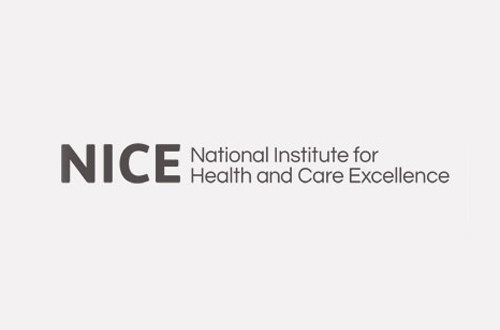
The National Institute for Health and Care Excellence has ruled that Pfizer’s first-in-class breast cancer therapy Ibrance (palbociclib) is not a cost-effective use of NHS resources.
In draft guidance, the UK’s watchdog said that while Ibrance has been shown to stall disease progression for an average of 10 months more than the current treatment standard, more clinical evidence is required to quantify overall survival improvement.
Ibrance is a first-line CDK 4/6 inhibitor designed to halt tumour cell growth and delay progression, and is the first oncology therapy that increases the effect of aromatase inhibitors to do so.
It won EU approval in November 2016 for treatment of hormone receptor positive, HER2-negative, locally advanced metastatic breast cancer, and was licensed by the FDA two months ahead of schedule in February 2015.
An estimated 5,500 people in England would be eligible for treatment with Ibrance, however a full course of treatment currently costs £79,650 per patient.
Prof Carole Longson, director of the centre for health technology assessment at NICE, said: “The committee needs more evidence of the drug’s impact on overall survival of people with breast cancer. However, even when allowing for these potential benefits, it was still not enough to make palbociclib cost effective at its current price.
“The committee heard from the patient expert that delaying the progression of their cancer for as long as possible and being able to continue with normal activities, including working, is valued very highly by patients and their families.
“It also heard that by postponing disease progression, palbociclib may reduce the number of people who are exposed to the often unpleasant side effects of chemotherapy, and delay the need for such treatment in others.
“Taking the costs into account, the committee concluded that it could not recommend palbociclib for NHS use at present.”
NICE’s initial verdict is open to public comment until 24 February, and while it is not minded to back Ibrance now, the guidance does state that patients already receiving the drug should continue to have access to it.




